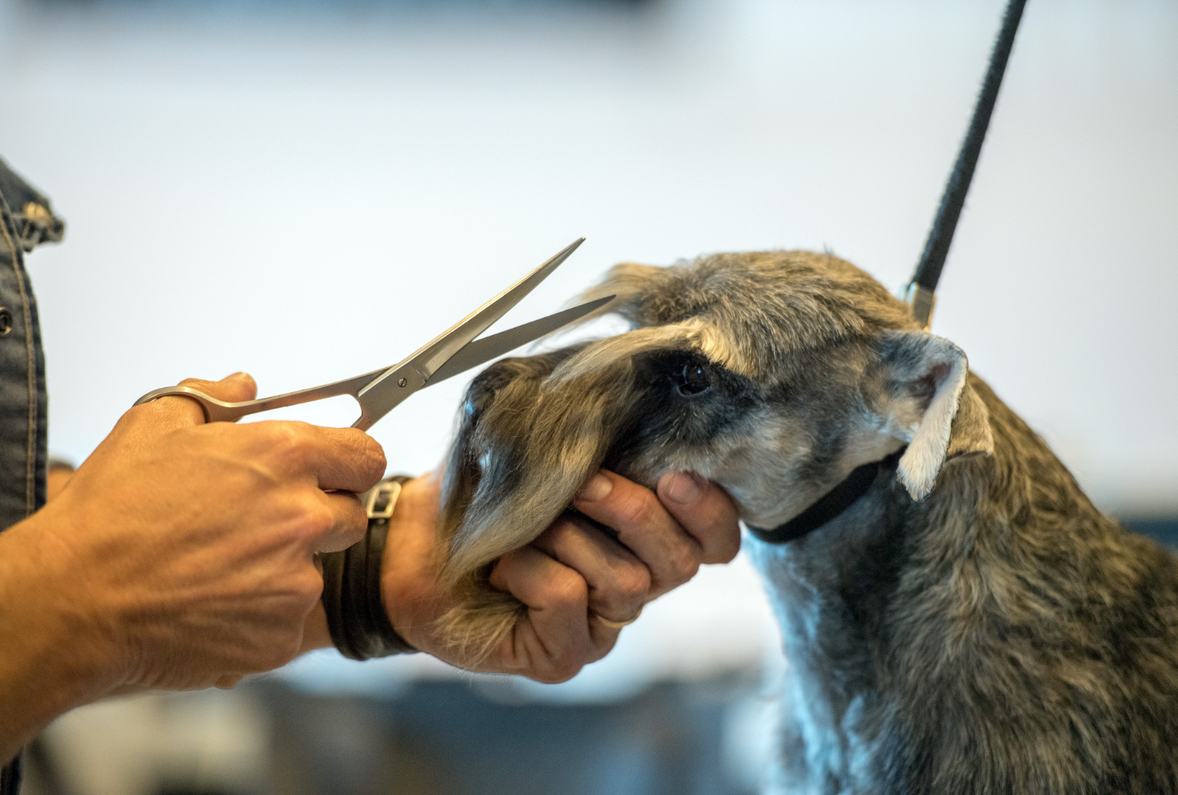Rotational Feeding for Dogs and Cats
An easy way to provide variety for your pet is to change the protein source regularly, say from chicken, to duck, and then to beef. Remember that in the wild, dogs and cats ate what they could catch, so one day it might be rabbit, a pheasant the next, and the remains of a moose carcass the day after.
What to do if your favorite formula is out of stock:
Switch proteins within your favorite brand's family of food. This is the easiest route and, barring any specific protein allergies, it's good to rotate your pet's protein regularly to provide a variety of nutrients in your pet's diet, says Tom Cameron, DVM. Plus, pets enjoy changing things up a bit, too!
If your pet is not used to rotation, gradually mix the new food in with the old for ideally 5-7 days or as long as you can. Also, reduce your pet's feeding by about 25-50% for ideally 7-10 days to make it easier on your pet's digestive tract. Alternatively, you can add a digestive supplement such as pumpkin puree.
Consumer Education:
1. No one food is fully balanced and nutritionally complete. Eating the same food every day for weeks, months or years can lead to a nutritional deficiency. Beef has a different nutrient makeup than turkey. Rabbit and chicken are different still, as are vegetables and fruits. Each of these foods are rich sources of some nutrients, lacking in others. By eating a variety of these foods, the body gets a full complement of proteins, amino acids, vitamins, minerals and other nutrients.
2. Eating the same food, every day, every meal for long periods gets boring. Many pet owners complain that their pet has become a finicky eater - most often these pets have been fed the same food for months or years! Often, their appetites improve with the addition of new foods. Imagine trying to feed your family the same food every day!
3. A more serious result of eating the same food is that the body can develop a sensitivity to that one protein, say chicken or beef. This can cause upset stomachs, gas, and other health problems. Rotating protein sources regularly can avoid this problem.
4. Beneficial intestinal bacteria help process/digest the foods that are fed. If only a few foods are ever fed, this limited bacterial population can only process those foods, so when new foods are introduced, digestive upsets often occur - they aren't ready for them. Feeding a varied diet exposes the GI flora to a wider range of foods, expanding its ability to process more foods efficiently. Animals eating a varied diet are less likely to experience digestive upsets when new foods are introduced.
Recent Posts
-
Spring Into Action: Fun Exercise Ideas for Your Canine Companion
Spring Into Action: Fun Exercise Ideas for Your Canine Companion As the winter chill melts away …Mar 26th 2024 -
Understanding Dog Grooming Shears: Cutting Through the Noise
Understanding Dog Grooming Shears: Cutting Through the NoiseDog grooming, or in particular trimming, …Feb 5th 2024 -
Choosing the Perfect Bed for Your Dog: A Guide to all Types of Dog Beds
Types of Dog Beds: Choosing the Perfect Bed for Your DogEvery dog owner knows that a comfortable pla …Jan 26th 2024



